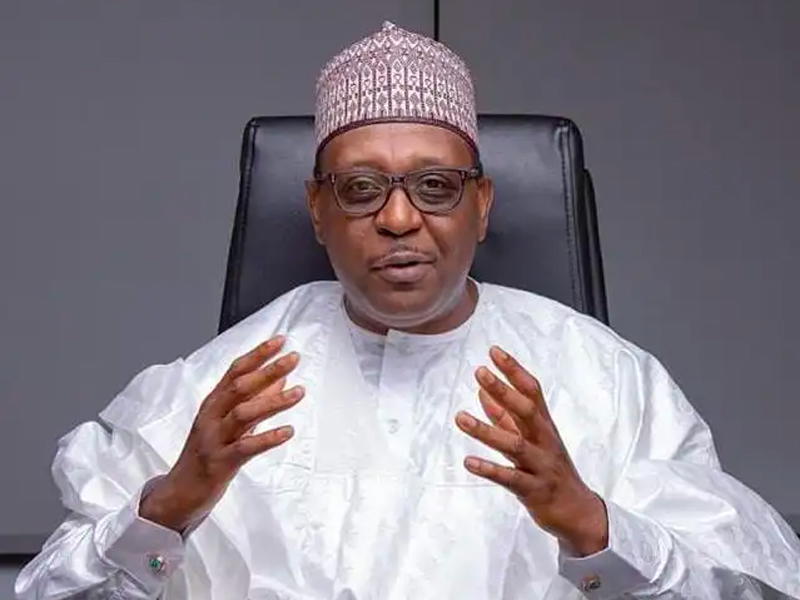Nigeria cannot continue to rely on foreign aid for healthcare system — Pate

•Health budget still 15% short of Abuja Declaration target —Salako
By Joseph Erunke
Abuja-The Coordinating Minister of Health and Social Welfare, Prof. Muhammad Pate, has said Nigeria must increase domestic investment in health, warning that the country cannot continue to rely on foreign aid to strengthen its healthcare system.
This came as the Minister of State for Health, Dr. Iziaq Salako, lamented that Nigeria spends only about $30 per person in public health financing, with citizens shouldering more than two-thirds of health costs.
This is even as the Director-General of the National Health Insurance Authority, NHIA, Dr. Kelechi Ohiri, called for stronger domestic investment and collective responsibility in reshaping Nigeria’s health financing system.
They spoke separately yesterday, as the country began a four-day National Health Financing Dialogue in Abuja to rethink how the country funds its healthcare system and protect its most vulnerable citizens.
The event, with the theme, “Reimagining the Future of Health Financing in Nigeria,” brought together top government officials, civil society, development partners, the private sector and traditional institutions.
Pate warned that Nigeria could no longer depend on foreign aid to strengthen its healthcare system, stressing the need for increased domestic investment.
“We cannot pretend to ride a Rolls Royce on the budget of a bicycle,” Pate said, while outlining the government’s health reform priorities, including strengthened governance, expanded population health outcomes, unlocking the health value chain, and improving resilience through health security, while urging civil society to play its role in ensuring accountability and advancing Universal Health Coverage, UHC.
He also urged civil society to drive accountability and ensure progress toward Universal Health Coverage, UHC.
On his part, the Minister of State for Health and Social Welfare, Dr. Iziaq Adekunle Salako, reinforced President Bola Tinubu’s directive for the ministry to prioritise sustainable health financing.
He highlighted ongoing initiatives, including sustained funding for the Basic Healthcare Provision Fund, the launch of the Hope Health Project, and steady increases in federal allocations to the sector.
According to him, Nigeria’s health budget grew from N434 billion in 2018 to N2.48 trillion in 2025, representing 5.18 percent of the federal budget, but still well short of the 15 percent Abuja Declaration target.
Salako said the government’s aims were to enroll at least 44 million Nigerians into the national health insurance scheme by 2030, leveraging the 2022 National Health Insurance Act, which makes health insurance mandatory and create a Vulnerable Group Fund for those unable to pay premiums.
“This is about reducing out-of-pocket spending, which currently stands at an unacceptably high 70 percent,” Salako said, urging stakeholders to adopt innovative mechanisms, strengthen accountability and learn from global best practices.
In his remarks, the Director-General of the National Health Insurance Authority, NHIA, and chair of the Health Financing Technical Working Group, Dr. Kelechi Ohiri, echoed the call for stronger domestic financing as global aid flows decline.
He identified three key transitions Nigeria must navigate: a financing transition away from aid dependence; a health transition shaped by the rise of non-communicable diseases, alongside infectious ones; and a demographic transition that demands greater investment in health and education.
The post Nigeria cannot continue to rely on foreign aid for healthcare system — Pate appeared first on Vanguard News.







